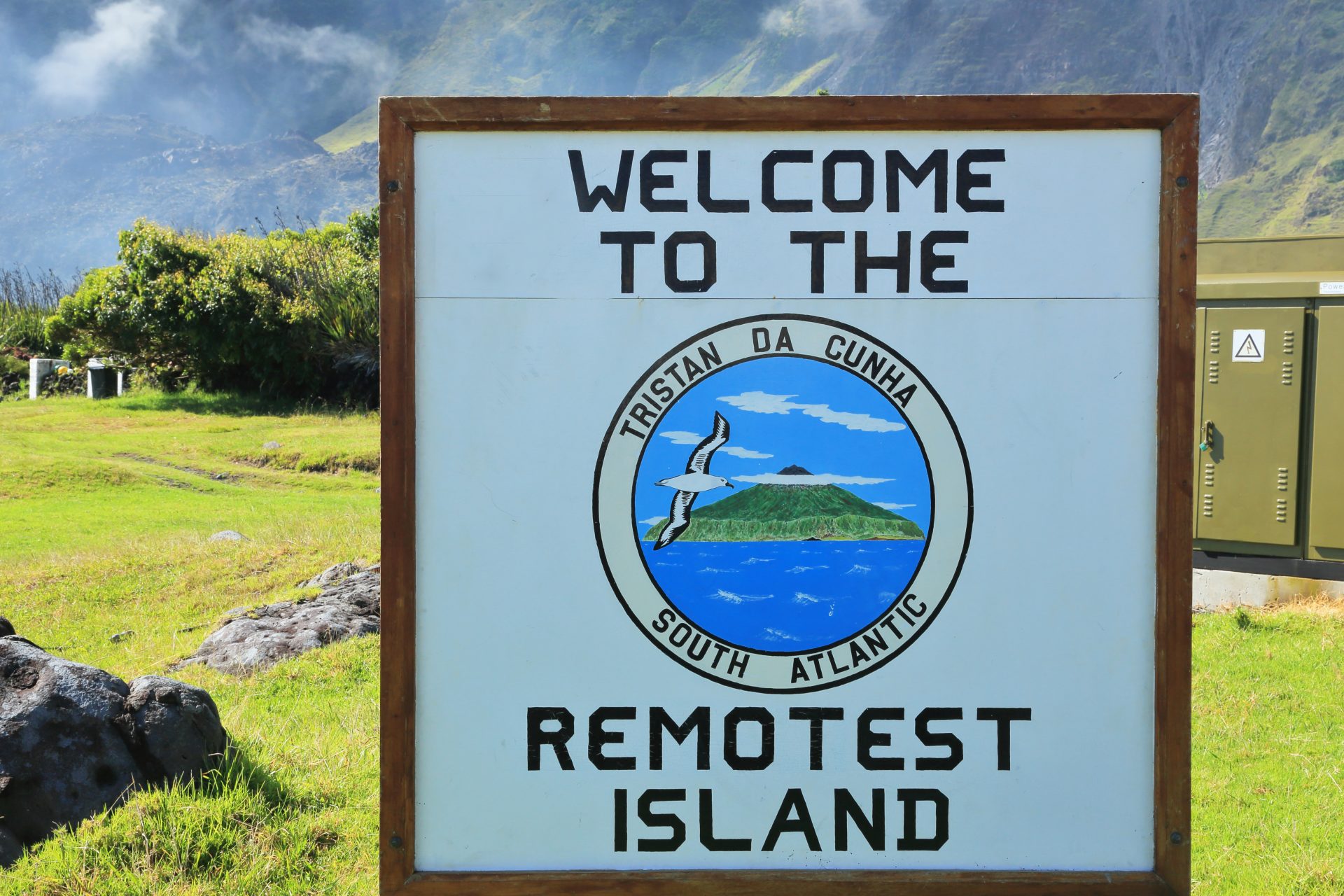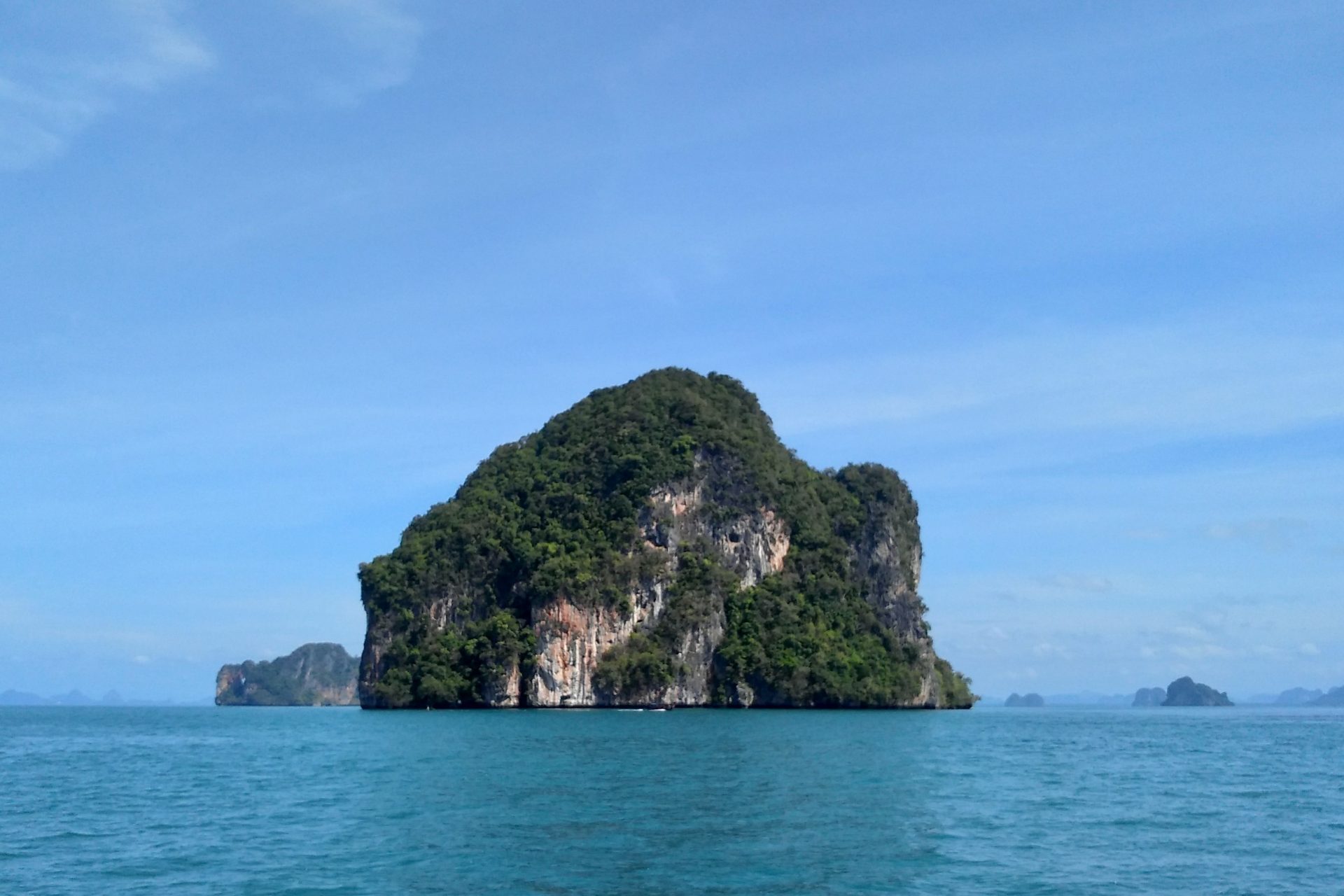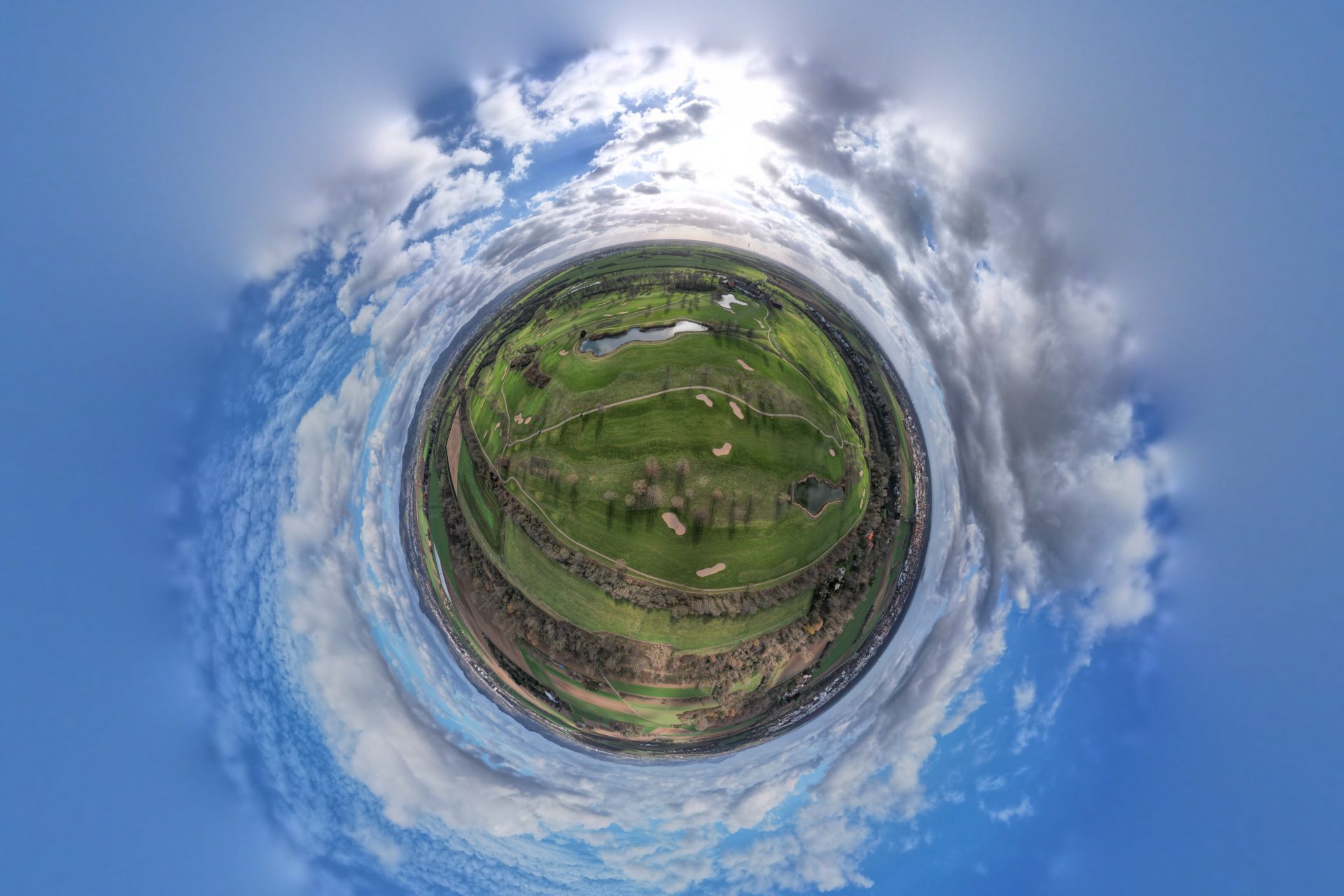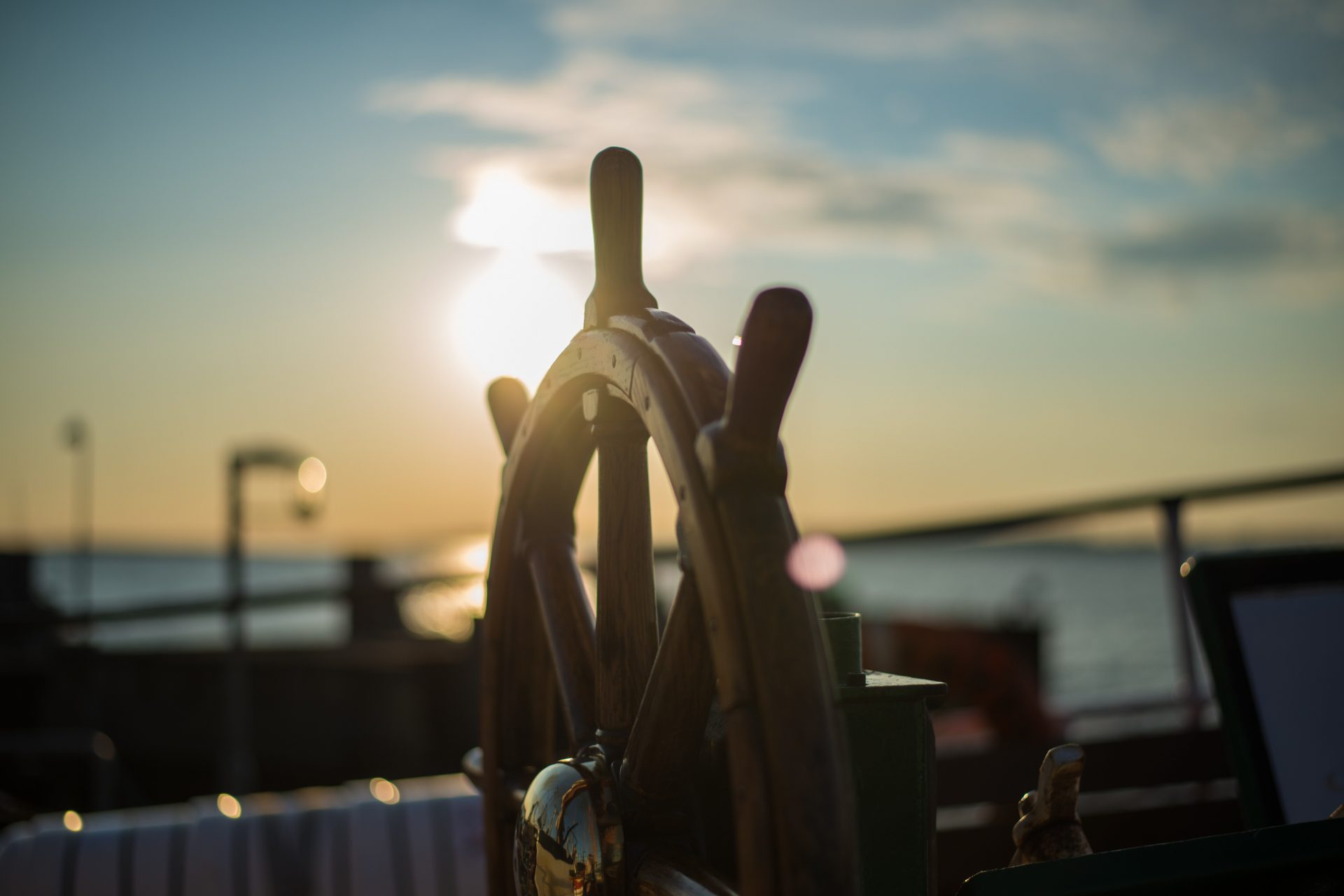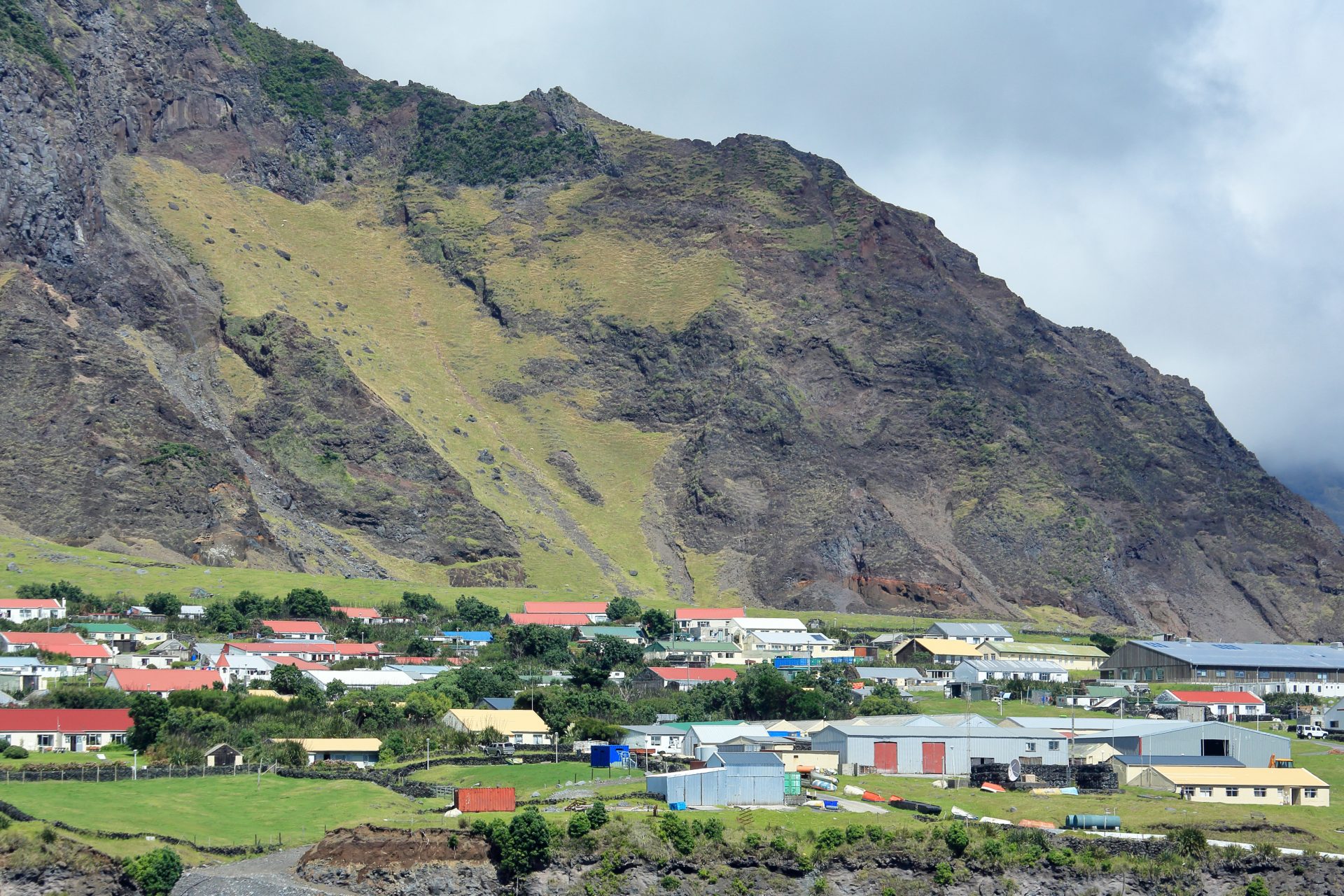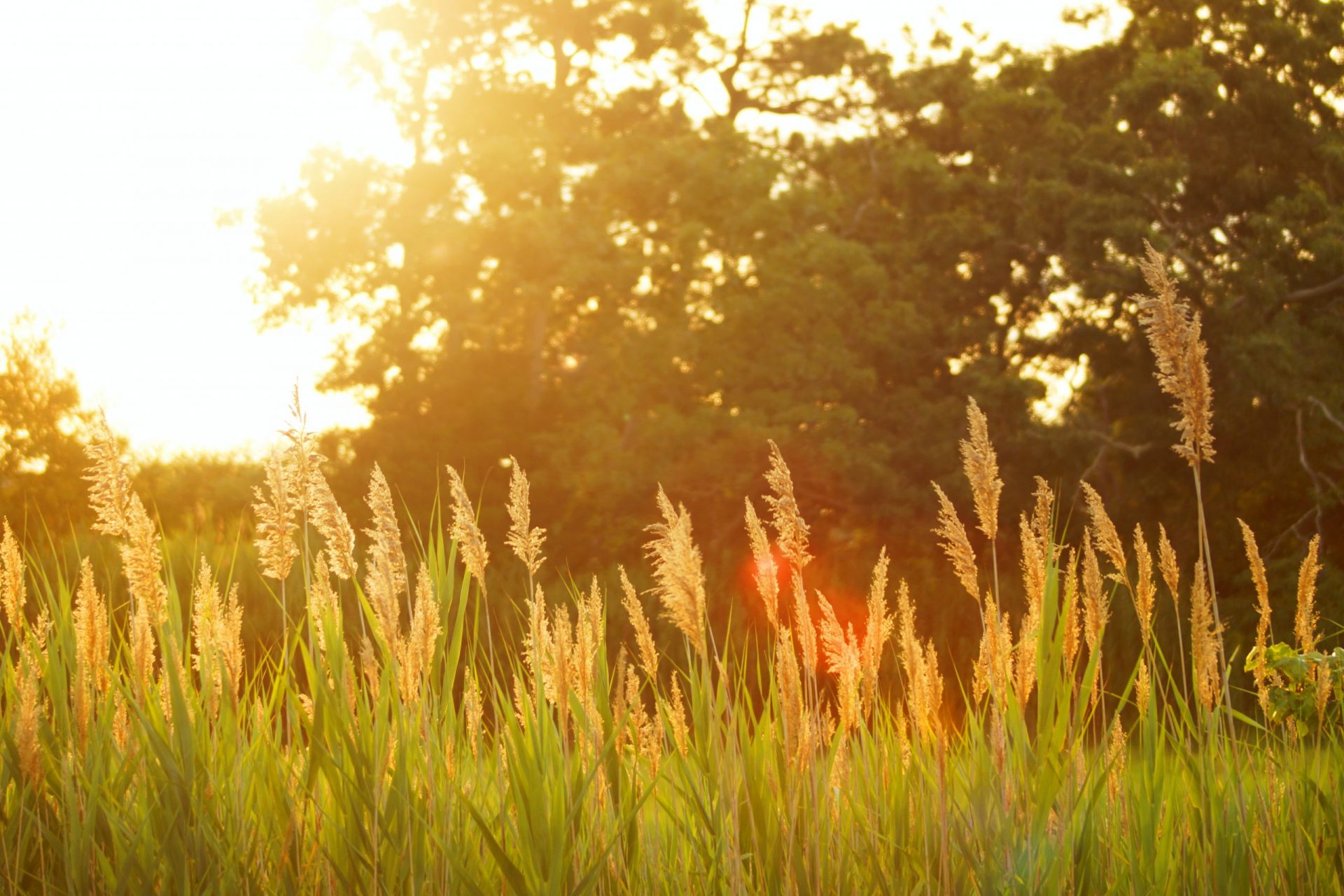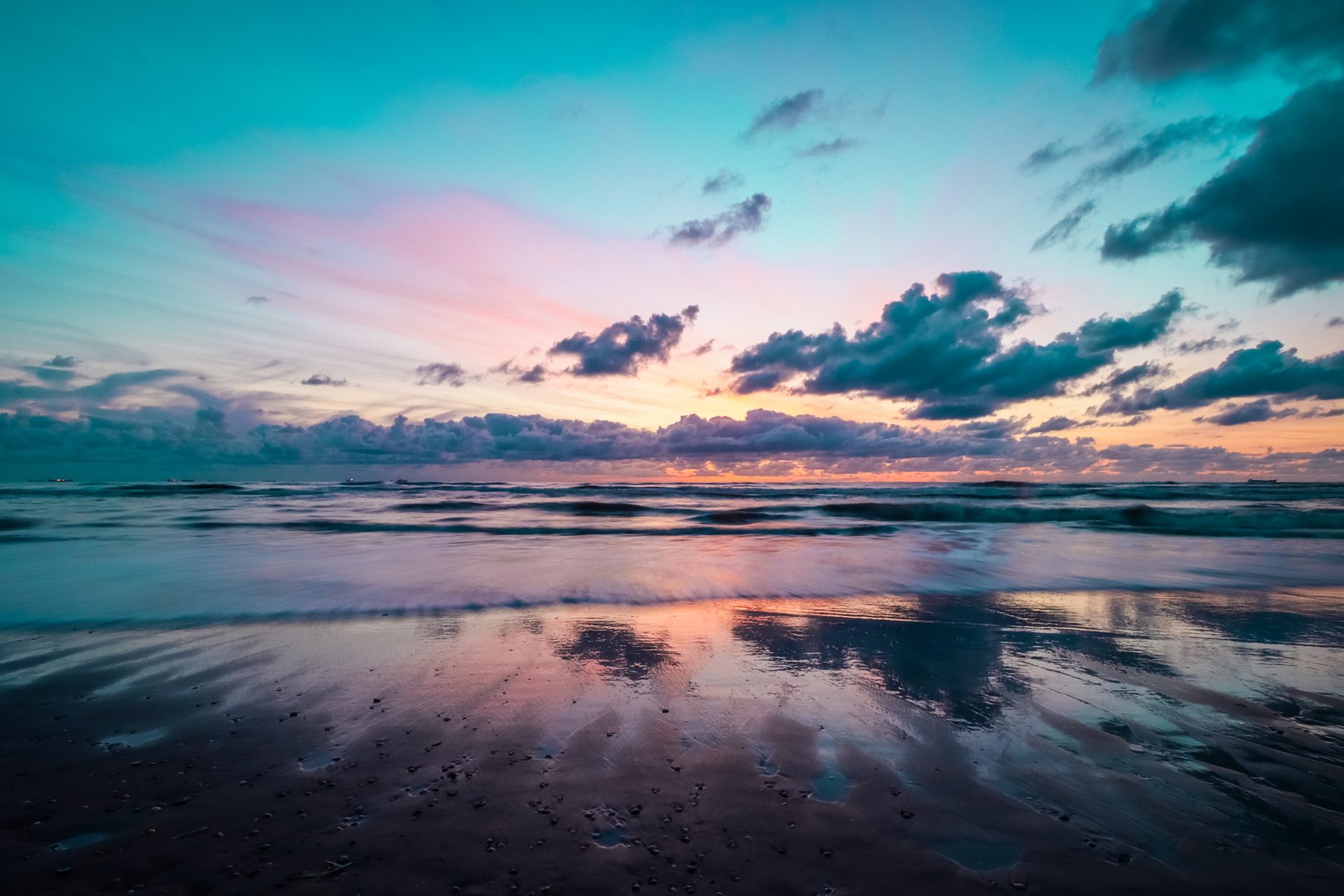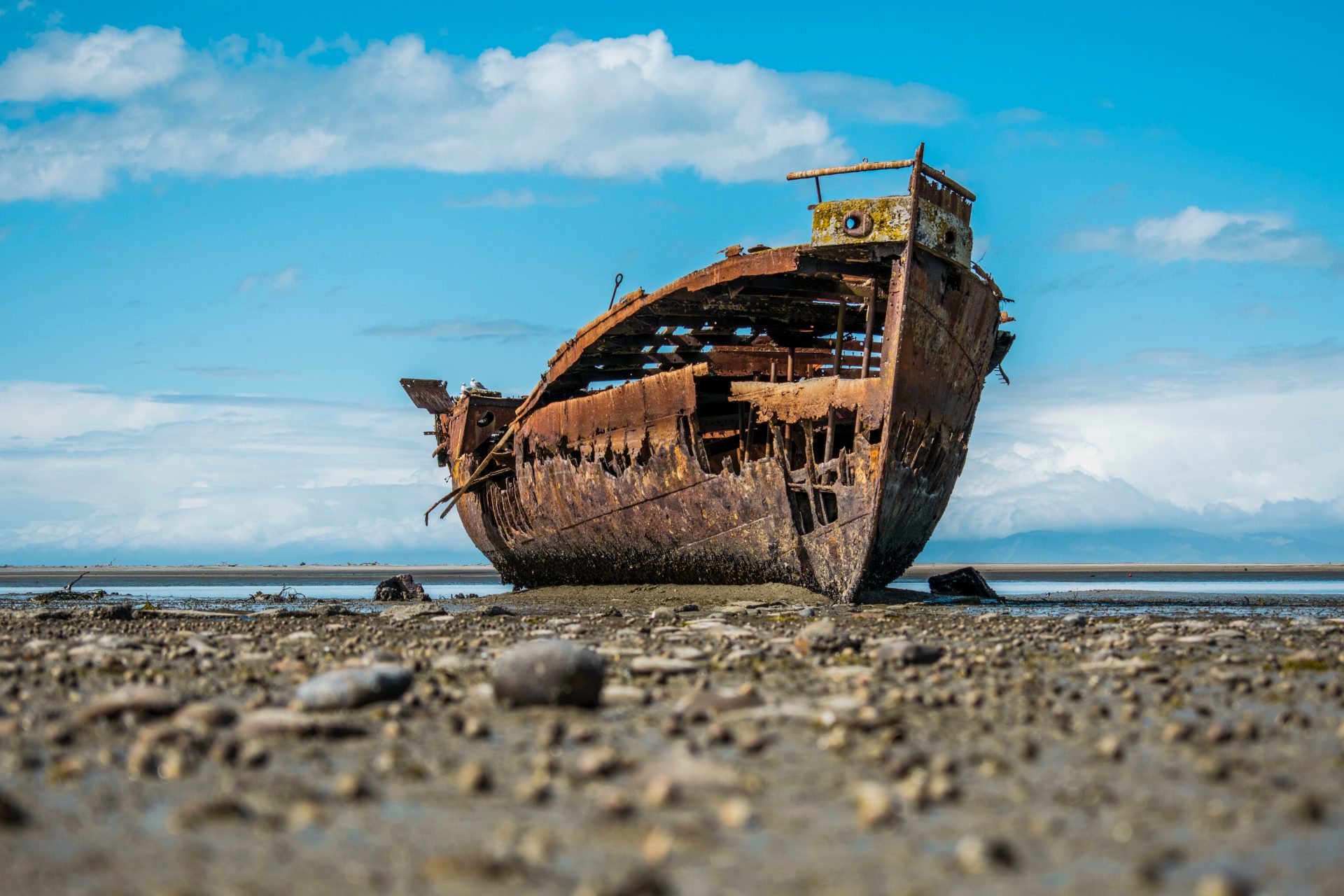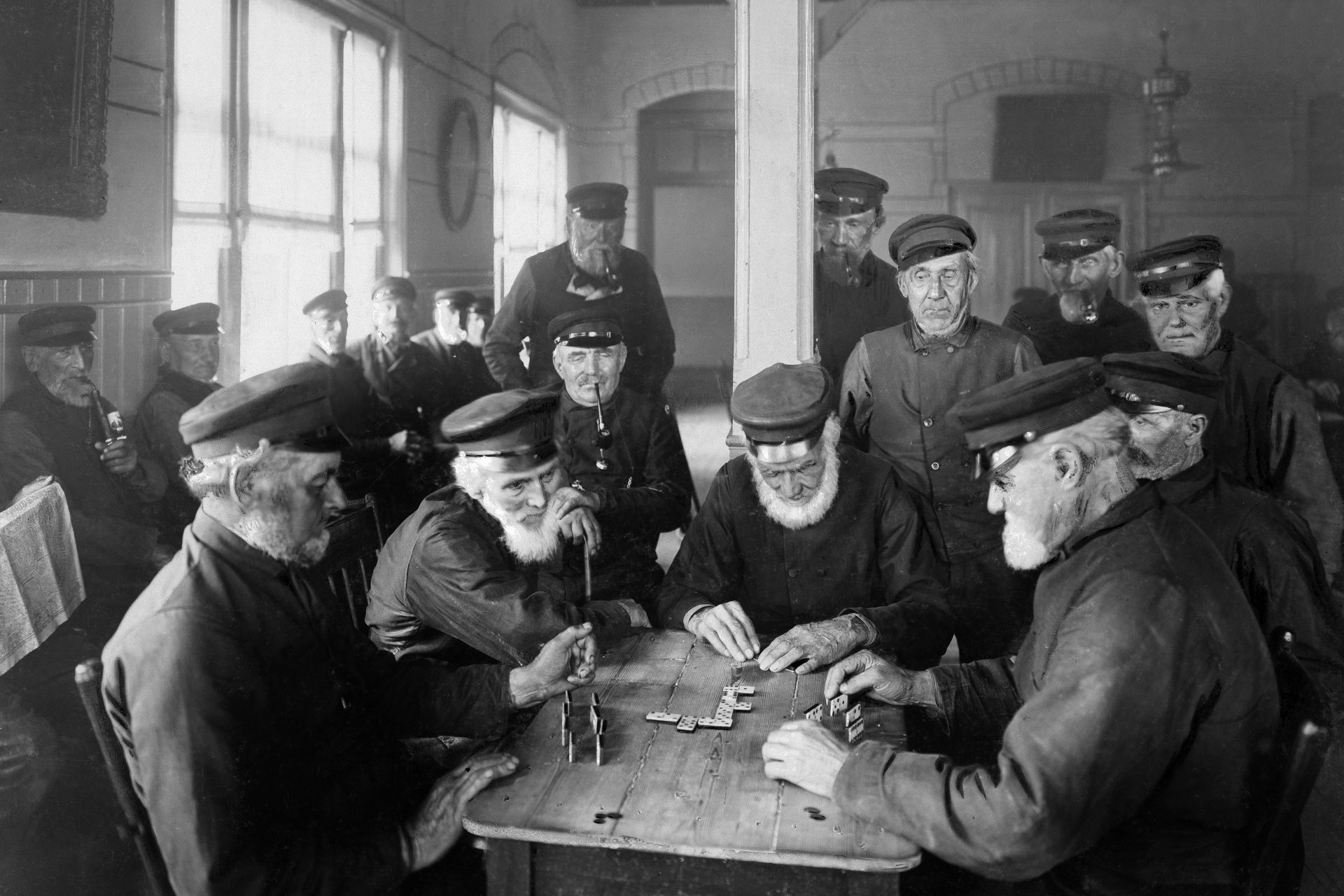Do you the world's most remote settlement? Edinburgh of the Seven Seas
Deep in the vast waters of the South Atlantic Ocean lies Tristan da Cunha, a volcanic island that hid its isolated existence until 1506.
It is located between South Africa and Brazil, almost 1,500 miles from the nearest neighboring island, St. Helena.
Photo: CXH / Unsplash
With an area of just six by six miles, Tristan is a world unto itself.
Photo: Bernd Dittrich / Unsplash
It is a refuge for some 238 British nationals, including descendants of Scottish soldiers, Dutch sailors, Italian shipwrecked sailors, and even an American whaler, who arrived almost two centuries ago.
Photo: Orbtal Media / Unsplash
This diverse community lives in Edinburgh of the Seven Seas, the most remote settlement in the world.
In the summer of 1997, Dutch journalist Marnix Koolhaas began a remarkable journey to Tristan da Cunha. He was interested in the isolated island because of its ties with The Netherlands.
Photo: Dakota Roos / Unsplash
According to Dutch broadcaster VPRO, Koolhaas was more determined than ever to search for the legacy of Pieter Groen, a brave sailor from the Dutch town of Katwijk who was shipwrecked in Tristan da Cunha in 1836.
Photo: Koos Schwaneberg / Unsplash
In 1836, the Katwijker arrived on Tristan da Cunha by accident. There, he discovered an isolated community that had built a unique utopian society.
Photo: Aneta Hartmannova / Unsplash
Koolhaas soon discovered that there were records of ships visiting Tristan da Cunha from all directions.
He also discovered the unique characteristics of the Tristanian community during his journey. The current inhabitants of the island are very diverse.
Photo: refugees from the island at the time of a volcanic eruption in 1961
Lobster fishing is of immense importance to the residents of Tristan da Cunha. However, there are risks involved, as the island lies in a marine protection zone and the fishermen have to make sure to protect the lobster population.
Koolhaas describes daily life at Tristan da Cunha as lively. Agricultural products from the island are shared on the market and lobster fishermen go out to sea every day.
Although it's the remotest in the world, the British archipelago does maintain connections with the outside world. They've been in touch with the royal family and received special gifts from Queen Victoria in 1896.
Photo: Church of the King / Unsplash
The history of the island is one of refuge and uncertainty, as the volcano Queen Mary's Peak has threatened the population on some occasions.
The story of its first inhabitants, mostly stranded sailors and their families, is one of resilience, however.
It's not easy to visit this remote island. However, if you want to plan a trip to Tristan da Cunha, see 'Organising a Visit' on tristandc.com
Follow Showbizz Daily to stay informed and enjoy more content!

